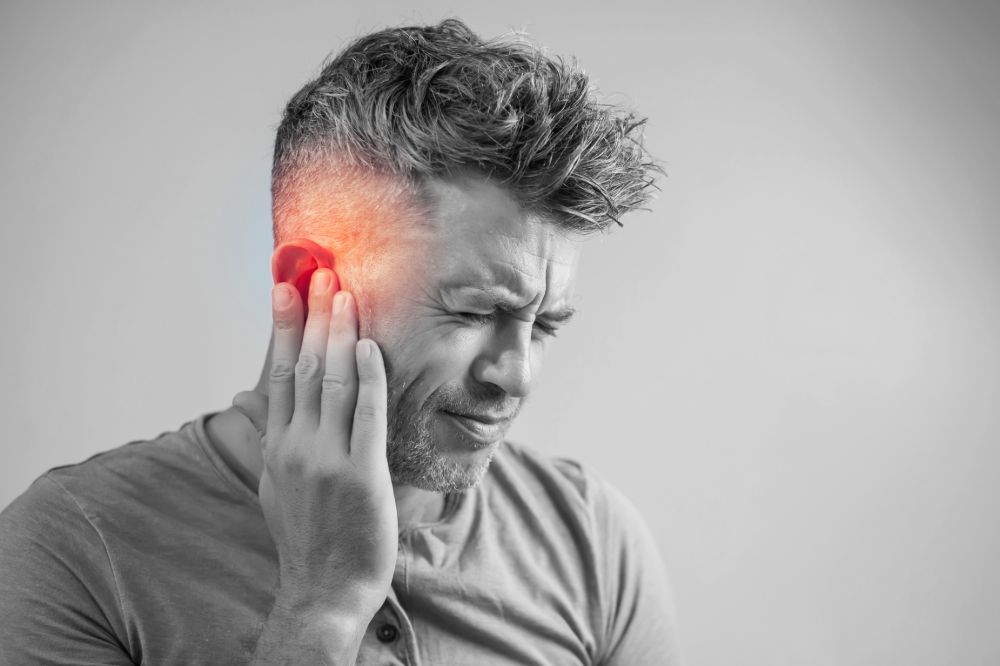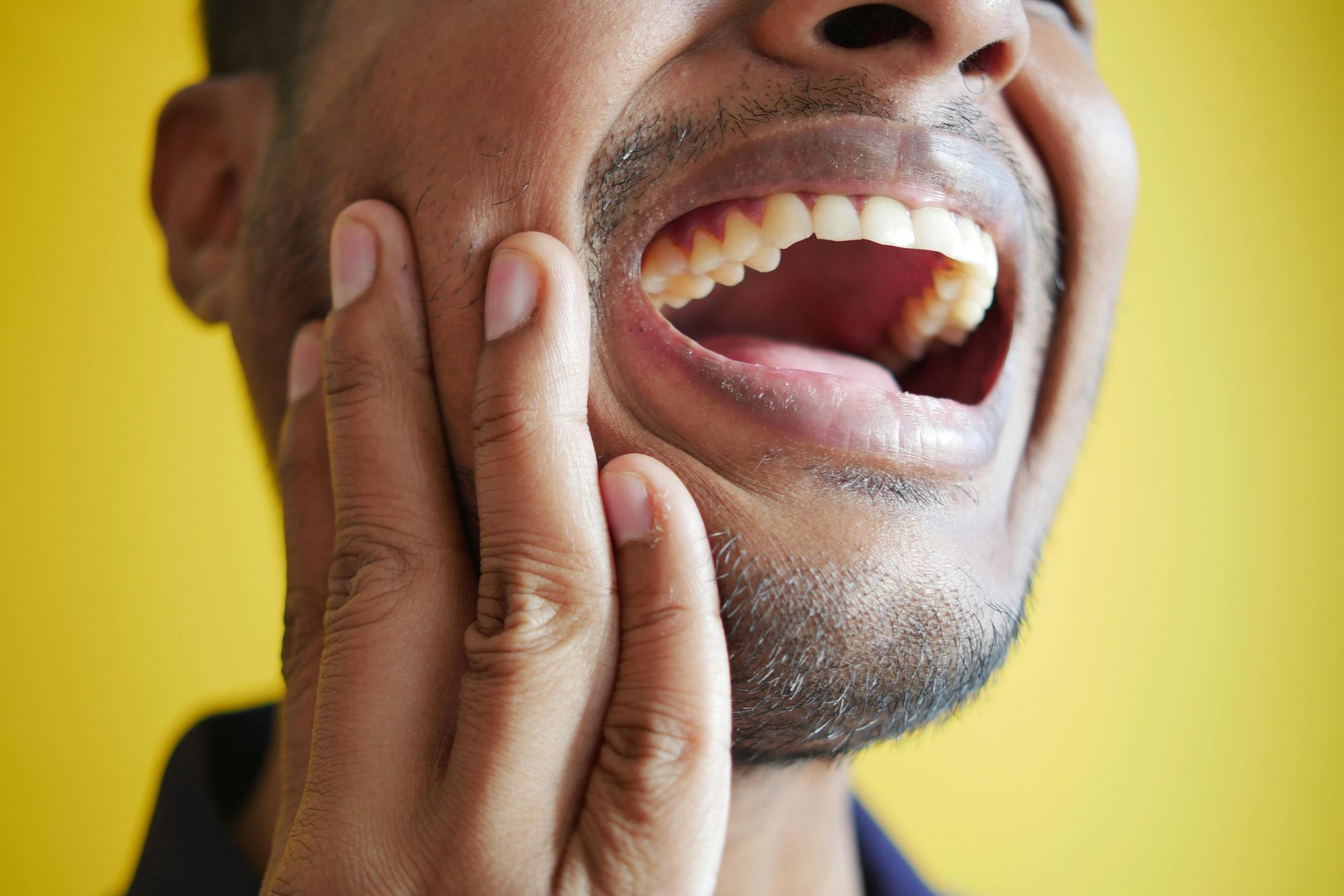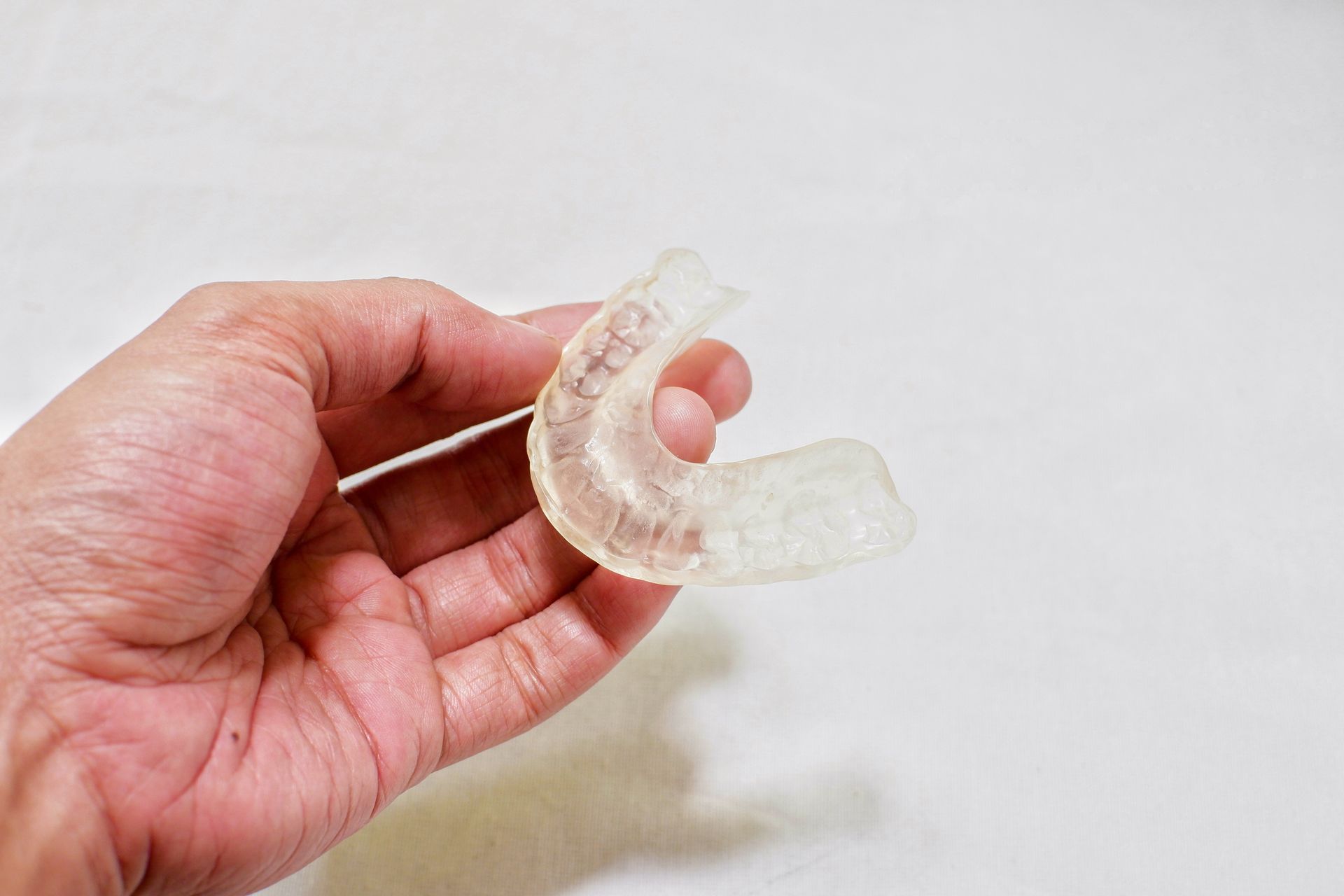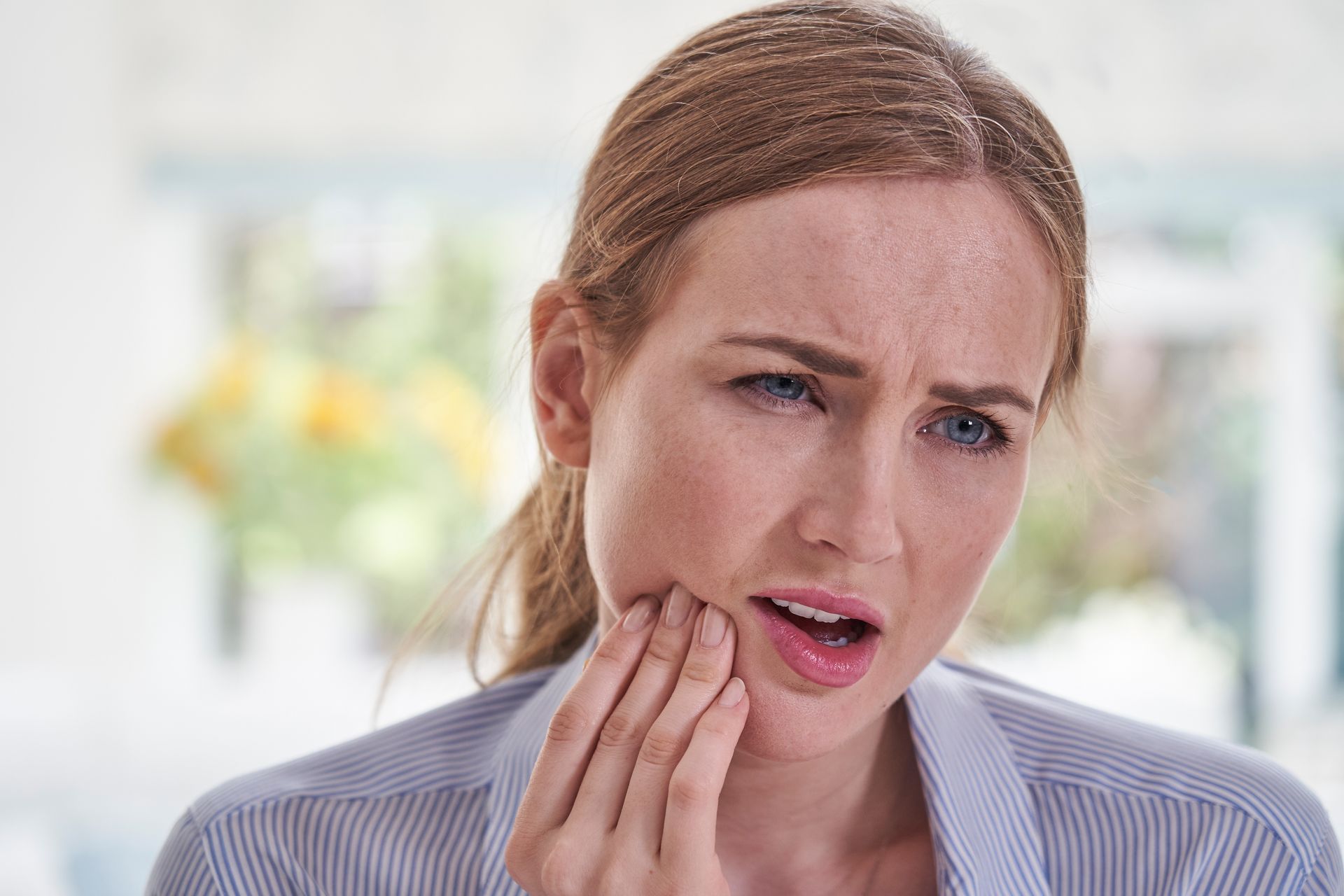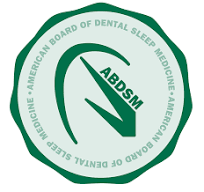Tinnitus: Symptoms, Causes, and Treatment Options
Have you ever noticed an annoying ringing or whistling sound that seems to be coming from inside your ears? If so, you may suffer from tinnitus and you’re not alone. Studies report that from eight to 25.3% of the population in the United States experience the “phantom” sounds of tinnitus. Tinnitus itself is not a disease, but a symptom of an underlying condition. Sometimes the underlying condition can be serious, such as hearing loss, damage to the ear, a circulatory system disorder, or a temporomandibular joint (TMJ) disorder (TMD).
What is Tinnitus?
Tinnitus is a sound you hear inside your ears that has no external source. These sounds can be loud, soft, constant, or intermittent, and can occur in one or both ears. Sometimes tinnitus is so loud it interferes with concentration and hearing, and makes it difficult to fall asleep at night.
- Ringing or other noises in the ear - Tinnitus is a range of sounds, from tones and screeching to rhythmic ocean waves and more. They can even be multi-tonal.
- Common issue - As mentioned, up to 25 percent of the U.S. population experiences tinnitus. These findings correspond to the prevalence found in population-based studies conducted in other nations.
- Usually a “phantom noise” - Tinnitus is a perceived sound that only the person with tinnitus can hear in the vast majority of cases. There is no external source for subjective tinnitus.
- Usually an underlying symptom for something else - Tinnitus is often triggered by age-related hearing loss, loud noises which you are exposed to repeatedly or only once, certain prescription medications such as NSAIDs, diuretics, antidepressants, and more.
- Not a condition - Tinnitus is a symptom, not a condition, just like a sneeze due to pollen is a symptom,, not a condition.
- Not serious but can be annoying - Usually tinnitus does not indicate a serious health problem, but if it persists, see a medical expert to help determine the cause and treat it.
What are the Different Kinds of Tinnitus?
- Subjective - This type of tinnitus cannot be heard by others, only the person suffering from tinnitus can hear the sounds.
- Objective - This rare type of tinnitus is audible to other people (often through a stethoscope) as well as the person with tinnitus. Usually, objective tinnitus is produced by internal body functions. If you have a heart murmur, for instance, you may hear a whooshing sound with every heartbeat.
Symptoms of Tinnitus
- Ringing - this general catch-all term typically signifies a constant tone
- Humming - can vary in pitch and volume
- Buzzing - may sound like a bumble bee or cicadas
- White noise - a combination of sounds at different frequencies
- Whistling - similar to the sound a tea kettle whistle makes
- Whooshing - often a rhythmic whooshing that can be in time with your heartbeat
- Clicking - may be due to a jarring motion, such as brisk walking, which causes movement in the small bones and/or contractions in the muscles of the middle ear
- Other unusual noises - perceived sounds are also described as hissing, ocean waves, screeching, shrieking, crickets, and more
What Causes Tinnitus?
- Hearing loss - The absence of audiological input to the brain from the inner ear can cause the hearing nerves to send signals the brain interprets as sound.
- Loud noise exposure - Constant exposure to loud noises, and sometimes just one very loud noise, can damage hearing, which in turn may cause tinnitus.
- Ear infection - Abnormal pressure in the middle ear from an infection can impact normal hearing and result in tinnitus symptoms.
- Ear or head injury - Trauma-associated tinnitus can be due to hearing loss caused by the injury, or a disruption in the brain’s neurological processes due to injury.
- Stress - It’s not known whether stress is a direct cause of tinnitus, although there appears to be a correlation. People who suffer from tinnitus report that stress makes their tinnitus symptoms worse.
- Medication side effects - Several medications are known to cause tinnitus, including aspirin and NSAIDs (nonsteroidal anti-inflammatory drugs), tricyclic antidepressants, certain antibiotics, and benzodiazepines, such as Xanax and Valium.
Tinnitus Treatment Options
- See your doctor - Treating the underlying cause of tinnitus begins with identifying the cause. Schedule an appointment with your doctor to discuss your tinnitus and possible causes.
- Get your hearing checked - Find out if your tinnitus could be due to hearing loss.
- Get your ears professionally cleaned - A piece of earwax blocking the ear canal can cause tinnitus.
- Get a physical - Conditions such as high blood pressure, which makes tinnitus more noticeable, can be detected during a physical.
- Seek anxiety meds - This is a tricky area because anxiety can cause stress which may cause tinnitus. At the same time, some anxiety medications have shown to cause tinnitus.
- Wear hearing aids - Since hearing loss is associated with tinnitus, correcting your hearing with hearing aids may improve tinnitus. Also, some hearing aids have a feature that creates white sound that masks tinnitus sounds
- Get TMD treatment - Doctors that specialize in diagnosing and treating TMJ disorders like Dr. Katherine S. Phillips, can determine if your tinnitus is associated with TMD and treat the TMD. By treating your TMD, tinnitus caused by this condition can become less severe or eliminated.
-2700x842-1920w.png)




